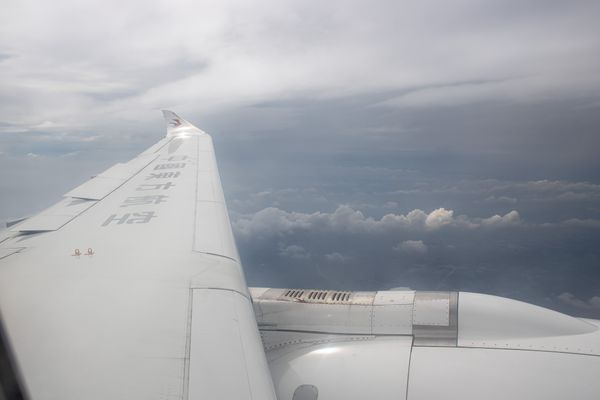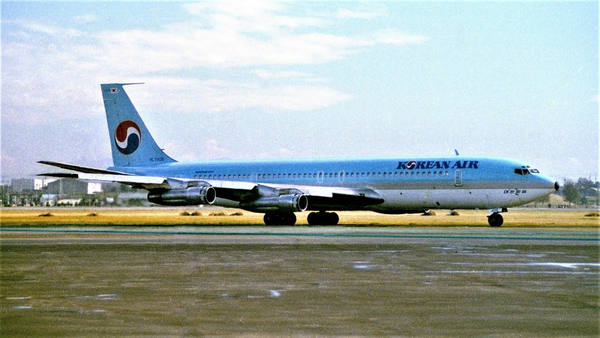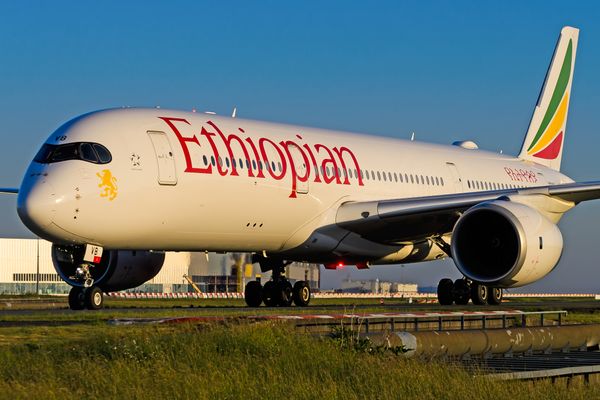
Whenever you're looking to buy airplane tickets, you regularly review different airlines to find the cheapest and most efficient flight. In the US, carriers like United Airlines, American Airlines, and Delta typically offer the most frequent flights at roughly the same price point.
However, Spirit Airlines tends to be the outlier. The carrier, which by definition is known as a budget airline, offers pricing that is rarely competitive with the other major US airlines, being much cheaper for the initial flight price, or at least so it seems.
Spirit can offer far cheaper flights through various strategic pricing structures and capitalize on further in-flight costs that other airlines do not.

In its simplicity, Spirit operates on an a la carte pricing model, effectively meaning that everything is for purchase with a very low initial cost. In essence, this is how low-cost airlines operate. Rather than offering a top-tier in-flight experience, Spirit prefers to keep its overhead cost low and price other individual items very high.
This means that one-way flights can easily be found for as low as 20 USD, as low as 10% of other US carriers flying the same route. In turn, these cheap seats effectively come with nothing for the passenger.
Only a small personal item is allocated per passenger, and any additional baggage costs between 30 USD and 80 USD, depending on purchase time and quantity. Other amenities like in-flight Wi-Fi and drink options are also available for additional charges, leading most travelers to spend money beyond the initial ticket price.
This al la carte pricing model has been very effective and has led to the airline's expansion, but other factors are needed to keep the purchase price so low beyond just having a bare-bones flying experience. One of Spirit's other commonly used tactics is to limit overhead costs when flying.

Given that the airline is fairly new compared to other US carriers, Spirit has purchased most of its Airbus fleet new, without refurbishment, or through other airlines. Although the initial cost of new aircraft is higher than that of used airplanes, its weight is lighter, and fuel is consumed more efficiently.
This helps keep operating costs low. On board, all seats and overhead compartments are minimalistic, which requires less repairs and is effective to clean. Spirit's aircraft include an Airbus A319, A320, A321, and an A321 NEO.
Although the passenger experience may be minimal, does this affect the likelihood of Spirit flights being canceled?

Not exactly. Spirit flights tend to be delayed frequently, resulting from limited runway space and gate availability for the airline, which operates at far fewer airports than its competitors.
Similar to Delta routing many of its regional flights through the Hartsfield-Jackson Atlanta International Airport (ATL), Spirit sends many of its flights through its own regional hubs, including Harry Reid International Airport (LAS) in Las Vegas and Fort Lauderdale-Hollywood International Airport (FLL).
Although Spirit may have more delays than other carriers, It has about as many flight cancellations as other airlines, with JetBlue having more.
The Runway is Obsolete: Jekta Swiss is Resurrecting the Flying Boat for the 21st Century » The Top 5 Longest Flights in the World » Coloring the Clouds: How ANA Turned Airplanes into Art »
Comments (0)
Add Your Comment
SHARE
TAGS
INFORMATIONAL Informational SpiritBudget Airlines Cheap Airbus A319 A320RECENTLY PUBLISHED
 VIDEO: What It's Like Onboard China's COMAC C919
We flew onboard China Eastern's COMAC C919 to experience China's homegrown narrow-body up close. From seat comfort to cabin layout to noise levels to tech: how does it really compare with the Boeing 737 and Airbus A320? This review puts all three workhorses under the same spotlight.
TRIP REPORTS
READ MORE »
VIDEO: What It's Like Onboard China's COMAC C919
We flew onboard China Eastern's COMAC C919 to experience China's homegrown narrow-body up close. From seat comfort to cabin layout to noise levels to tech: how does it really compare with the Boeing 737 and Airbus A320? This review puts all three workhorses under the same spotlight.
TRIP REPORTS
READ MORE »
 KAL858: The North Korean Bombing that Shocked the World
Among the 99 passengers boarding Korean Air Flight 858 on November 29, 1987, few could imagine their journey would end as one of aviation's darkest mysteries.
STORIES
READ MORE »
KAL858: The North Korean Bombing that Shocked the World
Among the 99 passengers boarding Korean Air Flight 858 on November 29, 1987, few could imagine their journey would end as one of aviation's darkest mysteries.
STORIES
READ MORE »
 Ghost Networks: The Rise, Fall, and Revival of Fifth-Freedom Flights
Fifth-freedom flights — routes where an airline flies between two countries outside its home base — have always lived in aviation's twilight zone. We chart their rise, their near-disappearance, and the surprising markets where they still thrive today. Then we take you on board a special Seoul-Tokyo fifth-freedom flight to show how the experience stacks up against a typical regional carrier.
TRIP REPORTS
READ MORE »
Ghost Networks: The Rise, Fall, and Revival of Fifth-Freedom Flights
Fifth-freedom flights — routes where an airline flies between two countries outside its home base — have always lived in aviation's twilight zone. We chart their rise, their near-disappearance, and the surprising markets where they still thrive today. Then we take you on board a special Seoul-Tokyo fifth-freedom flight to show how the experience stacks up against a typical regional carrier.
TRIP REPORTS
READ MORE »



